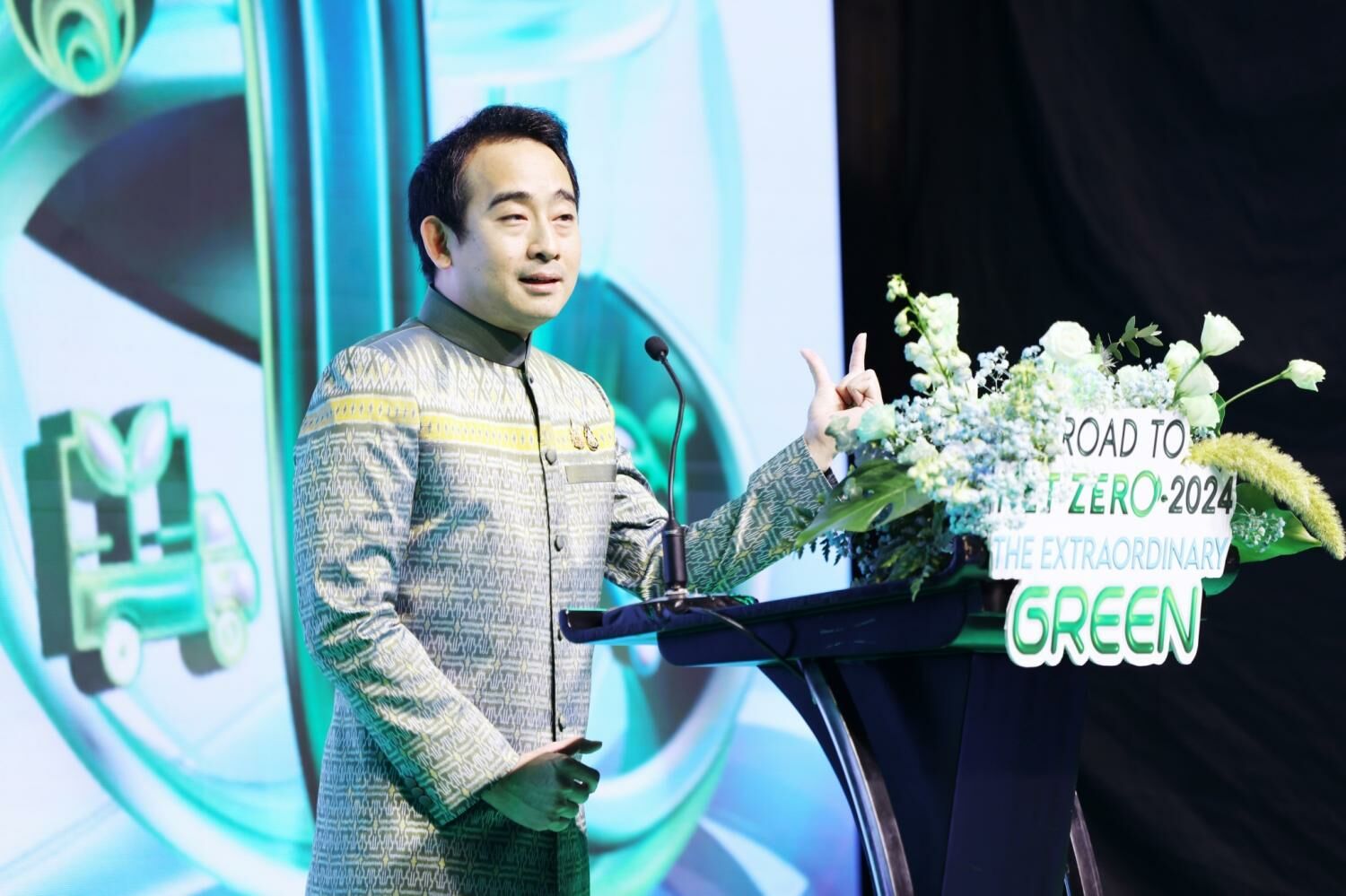Thailand to introduce carbon tax to curb emissions this year

Thailand is set to implement a carbon tax this year, Deputy Finance Minister Paopoom Rojanasakul announced at the Road to Net Zero 2024: The Extraordinary Green event.
The Finance Ministry plans to propose the carbon tax measure to the Cabinet for approval soon, with the goal of rolling it out in the coming months.
Paopoom explained that this measure aims to encourage businesses to reduce their carbon emissions without placing an additional burden on the public. He provided an example involving the combustion of all types of fuel oil, which contributes to atmospheric carbon emissions.
If the carbon tax is enacted, the current excise tax rate of 6 baht per litre will remain unchanged. However, the Excise Department will divide this tax into two parts: 5 baht as the excise tax and 1 baht as the carbon tax.
Under this structure, fuel users will not face an increased tax burden. Instead, oil companies’ tax obligations may vary depending on their success in managing carbon emissions, said Paopoom.
“The greater the reduction, the lower the tax burden.”
Carbon tax
Paopoom further noted that every tonne of carbon emissions from businesses will carry a cost, as each unit of carbon released will be multiplied by the carbon tax rate, which businesses will bear.
“The carbon tax will persuade businesses to reduce carbon emissions.”
In the future, the Excise Department plans to transition the excise tax structure for batteries from the current flat rate of 8% to a tiered system. This new structure will impose higher tax rates on batteries with higher carbon emissions and lower rates on those with lower emissions.
Paopoom also mentioned that businesses that significantly reduce their carbon emissions could qualify for a tax refund through a reverse tax system.
Paopoom highlighted Thailand’s international commitments to reducing carbon emissions. By 2030, the country aims to cut emissions by 30 to 40% from current levels. Thailand targets carbon neutrality by 2050 and net zero emissions by 2065.
“If we continue as we are, we will not meet the 2030 goal.”
Paopoom stressed that global standards are increasingly favouring environmentally friendly products, reported Bangkok Post.
Global trade barriers have been rising by 16% annually over the past decade, resulting in 18,000 trade barriers currently in place.
Despite this, only 7% of Thailand’s exports are environmentally friendly, and the country’s clean energy usage accounts for just 13 to 14% of total energy consumption.
This figure is notably low compared to neighbouring Vietnam, where clean energy makes up 19% of total energy consumption.
Latest Thailand News
Follow The Thaiger on Google News:


























